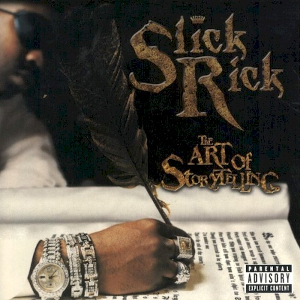| The Art of Storytelling (Photo credit: Wikipedia) |
We Americans have always loved stories, and we’re going completely overboard for storytelling at the moment. I’m not surprised. Telling stories is not a value-free strategy. They are, in my read, a way of avoiding authentic history. You can say they are history privatized, if you want to put the point another way. In the final episode, the narrator mentions guilt and “lessons learned and not to be forgotten,” moving straight past what these might be and continuing, “but meaning can be found in the individual stories of those who lived through it, stories of courage and comradeship and perseverance, of understanding and forgiveness, and, ultimately, reconciliation.” A Purple Star there for Geoffrey Ward’s writing, I have to say.
This is almost perfectly upside down, if you ask me. In all these stories, we find precisely an evasion of guilt and understanding. And this givenness to stories goes back very far. All of the “great” historians of the 19th century — Parkman, Bancroft, the other big names — took great pride in turning history into a long line of stories. I object strenuously to stories. You have a clear example of why in this film. They’re a way of avoiding all kinds of things: causality, responsibility, human agency.
I don’t agree entirely. I do like stories. I wrote a whole long oral history of the war that was based on 135 stories. But it’s in the way they are used. I agree with you that they don’t clarify history in the way they are summed up at the end as stories of perseverance and courage. I don’t know what any of that means, really.
Within the stories that are told, there are some moments that do reveal important things about the history of the war. For example, there are a number of American soldiers who speak to the insanity of American military strategy: They’d be ordered to seize some hilltop, to try to kill as many people as possible, and then abandon it. So those soldiers were really, I think, effectively trying to tell us that this war was not to be determined by force of arms, that there were other factors involved.

No comments:
Post a Comment